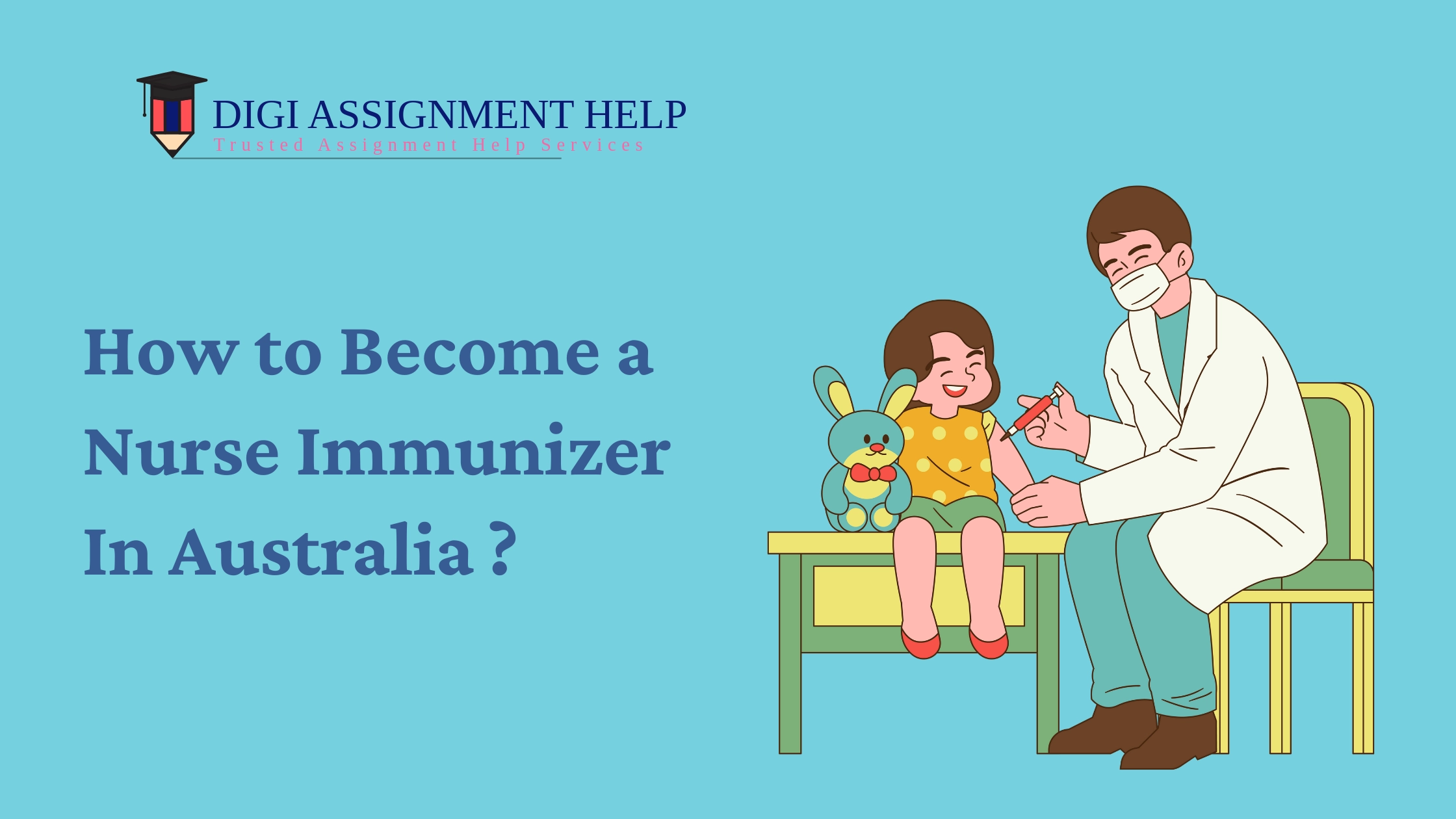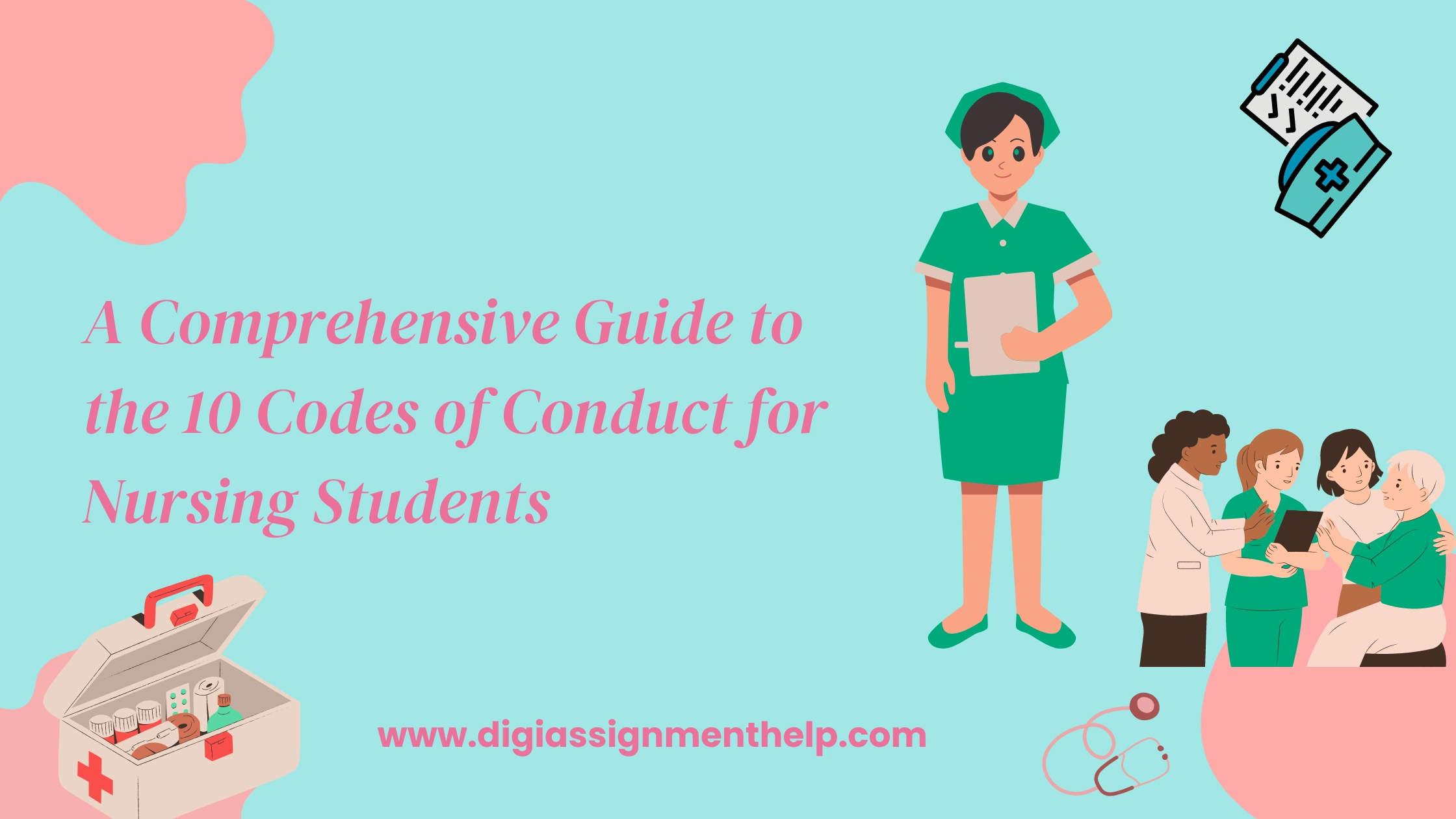How to Become a Nurse Immunizer in Australia
 14-Aug-2024 10:07 AM
14-Aug-2024 10:07 AM

Australia currently uses immunization as a crucial way to protect the population’s health. Living in a global society is a key factor for concern about the rising cases of infectious diseases.
The most common method of controlling the spread of these diseases is vaccination. Nurse immunizers are crucial assets regarding this matter.
Through the help of this profession, one can reap the benefits of having a satisfying job and become a valuable asset to society.
This guide will provide a background on becoming a nurse immunizer in Australia, the requirements for becoming one, and the various career opportunities in the field.
Understanding the Role of a Nurse Immuniser
A nurse immunizer is a registered nurse with extra training to administer vaccines. Their responsibilities go beyond merely giving injections.
Nurse immunizers are responsible for educating patients, keeping immunization records, and handling vaccines. In Australia, nurse immunizers operate on different platforms. These include public health facilities, clinics, schools, and aged care facilities.
The significance of the nurse immunizers was seen in the COVID-19 pandemic. They were the ones who delivered mass vaccination efforts. Their work was crucial in controlling outbreaks and maintaining public health.
Steps to Becoming A Nurse Immuniser In Australia
Gaining a Nursing Qualification:
Wanting to be a nurse immuniser requires being a registered nurse first. In Australia, this typically requires one to finish a Bachelor of Nursing degree. This degree is available in many universities in Australia. The course generally takes three years. It includes subjects like anatomy, physiology, pharmacology, and nursing practice among various others.
Throughout the course, they also complete clinical placements in different healthcare organizations. This helps students gain clinical experience in delivering care. Such hands-on training is imperative to nurture the kind of nurses needed in the market.
Register with the Nursing and Midwifery Board of Australia (NMBA):
After securing a nursing degree, aspiring nurses should register for the NMBA, an authorized regulatory body in Australia. It falls under the Australian Health Practitioner Regulation Agency (AHPRA).
Registration is a legal requirement for practising nursing in Australia. This helps check the nurse's qualifications for standard practice and conduct. To register you have to fill out an application form, attach proof of qualifications, and pass a national examination if required.
Complete an Approved Immunisation Course:
To specialize in the profession of nurse immunizer, nurses must undertake an approved course in immunization. These courses provide in-depth knowledge of immunization practices.
This includes principles of vaccination, vaccine-preventable diseases, vaccine administration, and the legal and ethical considerations of immunization. Different educational facilities, for instance, universities, professional bodies, and so on provide this course. It can also often be completed online.
The length of the course is flexible, but it should take several weeks to complete. Topics covered may include the Australian Immunisation Handbook, handling of the cold chain, and how to educate patients about immunization.
Gain Practical Experience:
The most vital component required to be a competent nurse immuniser is practical experience. As a requirement, nurses are encouraged to gain exposure to administering vaccines.
This can be done through placements in clinics, hospitals, or community health centres that offer immunization services. It is a great way to use the knowledge learned from clinical practice and gain confidence in administering vaccines.
Also, the opportunity to work with skilled nurse immunizers may help broaden the outlook on the proper techniques, potential issues, and aspects of patient-centred communication.
Obtain Endorsement as a Nurse Immunizer:
Once the nurse has completed the above courses and accumulated enough practical experience, they might apply for the endorsement. This is done to allow the nurses to carry out the activities of a nurse immuniser.
This endorsement is given by the relevant health authorities in every state or territory in the country. This authorizes the nurses to administer vaccines on their own.
The application process may include enclosing certificates of qualifications, a competency assessment, and demonstrating a commitment to continuing professional development.
Endorsement as a nurse immunizer is a wonderful achievement.
Continuous Professional Development (CPD):
Immunization is a dynamic field. New vaccines and guidelines are released frequently. A nurse immunizer needs to stay updated with the latest developments.
Continuous professional development (CPD) is a requirement to maintain registration with the NMBA. It involves engaging in activities that enhance knowledge and skills.
CPD may include workshops, conferences, online courses, and seminars. Maintaining an up-to-date knowledge of the current developments and standards allows nurse immunizers to deliver efficient patient care.
Career Opportunities and Pathways
The position of a nurse immuniser provides several opportunities in the field. Nurses immunized can work in various healthcare settings, including:
-
Public Health Units: In these cases, nurse immunizers engage in government-sanctioned immunization campaigns. They go to homes to administer vaccines and respond to epidemics.
-
Private Clinics: Many private clinics today are involved in Immunisation services. Hence, they provide a convenient option for nurses for regular practice.
-
Community Health Centres: Immunisers in these centres exercise their skills to administer vaccines. They provide vaccines to different groups including children, adults, and elderly patients.
-
Schools and Educational Institutions: Immunisation programs at schools are part of the school-based public health services. Nurse immunizers are major service providers in these situations.
Beyond the role of a nurse immunizer, there are opportunities for career advancement. Those who hold Master’s degrees might seek employment in higher positions, such as clinical nurse consultant, nurse educator, or nurse practitioner.
These positions often involve leadership responsibilities like managing immunization programs. It may also include educating other healthcare professionals and contributing to policy development.
Conclusion
Becoming a nurse immuniser in Australia is a great idea, as such a specialist can help many people. The journey involves completing the relevant education, accumulating experience, and obtaining the required endorsements.
Nurse immunizers are responsible for administering vaccines to patients. These vaccines have proven to be efficient in preventing infectious diseases in society.
To those pursuing this path, Digi Assignment Help provides the best services for your educational growth. Whenever you need help with assignments or guidance to navigate the complexities of nursing studies. Digi Assignment Help is here to help you succeed.
Final Thoughts
It can be summarised that immunizations are a crucial stage in the treatment of infectious diseases. Nurse immunizers are vital members contributing to the protection of the people.
That is why, choosing this career path, you will improve your skills and knowledge. While also making the lives of many people better. As healthcare continues to evolve, the demand for skilled nurse immunisers will remain strong. Thus, offering a stable and rewarding career opportunity in Australia.










.webp)
















